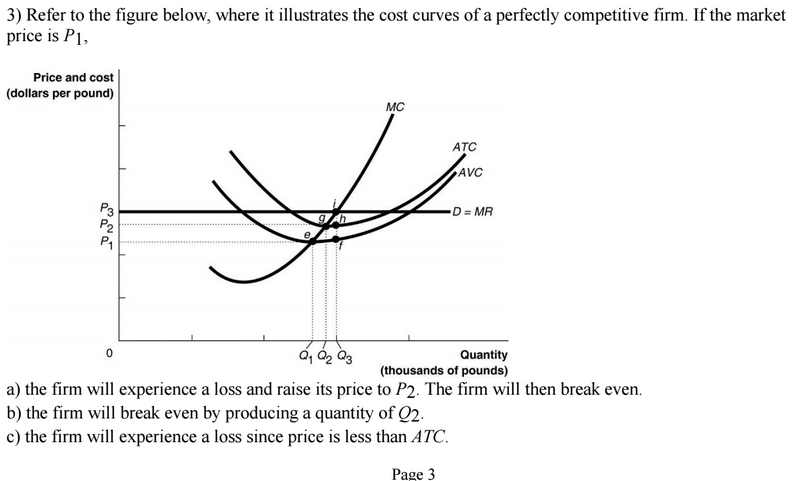

This creates a situation where physicians have some degree of market power and can set prices based on their reputation and demand for their services. Private physicians have specialized knowledge and expertise, and patients often rely on their recommendations and trust. The healthcare sector is often characterized by market imperfections, such as information asymmetry and the presence of regulations. The production of healthcare services, such as private physicians, is not likely to occur in a perfectly competitive industry. Private physicians in your local community: Therefore, the production of potatoes is likely to occur in a perfectly competitive industry. Additionally, potatoes are homogeneous, meaning that one farmer's potatoes are indistinguishable from another's. Farmers can easily enter or exit the market based on market conditions.

The market for potatoes is typically characterized by a large number of buyers and sellers, with no significant barriers to entry. Potatoes are a commodity product that can be easily produced and sold by many farmers. These factors create barriers to entry and limit the number of sellers, which goes against the assumption of a large number of sellers in perfect competition. Additionally, they have proprietary formulas and production processes that give them a competitive advantage. They invest heavily in advertising and marketing to differentiate their products from competitors. Both Coca-Cola and Pepsi have established brand names and loyal customer bases. These two soft drink companies are not likely to be produced in a perfectly competitive industry.

Based on these assumptions, let's analyze the examples provided and determine which goods and services are most likely to be produced in a perfectly competitive industry. These include a large number of buyers and sellers, homogeneous products, perfect information, free entry and exit, and price-taking behavior. In a perfectly competitive industry, there are certain characteristics and assumptions that need to be met.


 0 kommentar(er)
0 kommentar(er)
